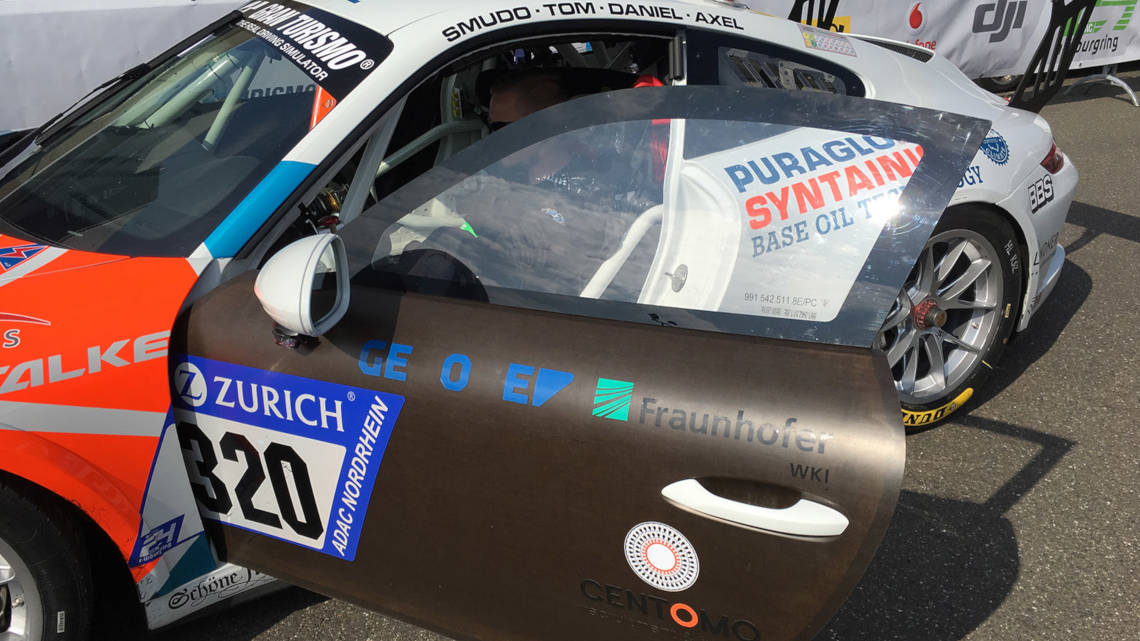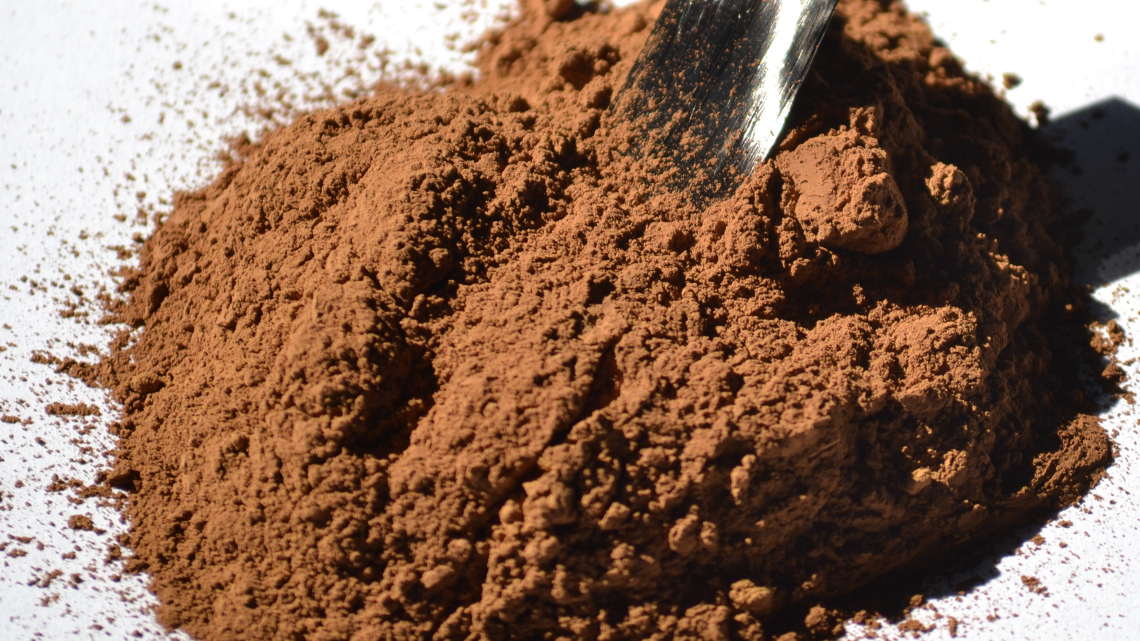Porsches built with natural fibres
Plastic reinforced with plant fibres will in future be used for lightweight construction in Porsche series production vehicles. Fraunhofer researchers have developed the material.

SUVs have large bodies and electric cars have rechargeable batteries: modern vehicles weigh far more than models one to two decades ago. But the weight costs range, increases fuel consumption and increases CO2 emissions. Manufacturers are therefore increasingly focusing on lightweight components, but these usually have ecological or economic drawbacks. Scientists at the Fraunhofer Institute for Wood Research have developed a promising alternative, which Porsche is now bringing into low-volume production.
Lightweight construction to date is energy-intensive
In the case of lightweight construction to date, car manufacturers usually rely either on special steels or carbon fiber-reinforced plastics. Both materials are technologically sophisticated and very energy-intensive to manufacture. The Fraunhofer researchers have therefore searched for ecological alternatives and found them in plant fibers. Natural fibers made of flax, hemp, wood or jute are as light as carbon fibers, but cheaper, and require less energy to manufacture. The natural fiber fabric is also readily available, tensile, particularly fine, homogeneous and drapable. In addition, the material has good acoustic damping properties and has a low tendency to splinter in accidents.
Test drive on the race course
In the form of biofiber reinforced plastics, the car manufacturer Porsche used the material in its "Bioconcept Car" in 2015, a Cayman GT4 Clubsport that is used in motor sports. Based on their experience with this vehicle, the researchers have now further improved the biomaterial. "The tests combine the advantage of extreme stress with a vehicle that is also street-legal after modifications," explains project manager Ole Hansen.
First production vehicle with biofiber composites
The material is now being used in the small-series production of the 718 Cayman GT4 Clubsport, the first production vehicle to feature components made of biofiber composites. The driver's and passenger doors as well as the rear wing are made of a natural fiber mix that reduces weight by around 60% compared to lightweight steel. The Cayman weighs in at just 1,320 kilos. "After extensive testing under extreme conditions on the race track we continued to evaluate our parts, which ultimately led to the conclusion that these ecologically benefi-cial organic materials fulfill the criteria for volume production," Hansen sums up. The Federal Ministry of Food and Agriculture has supported the development of biogenic lightweight components in the "Renewable Resources" funding program.
bl/um


